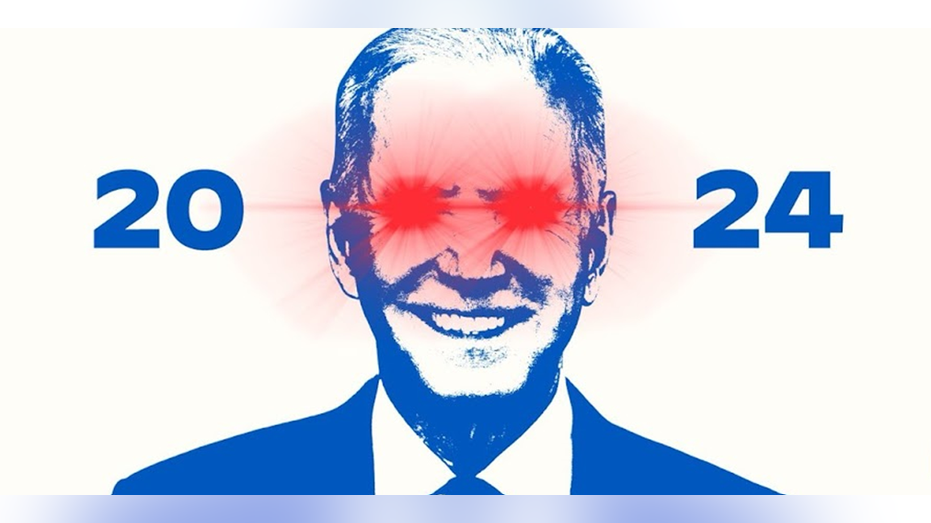Here’s How Long the Supreme Court Could Delay Trump’s Jan. 6 Trial
The Supreme Court has said it will hear the case on whether former President Donald Trump can claim presidential immunity to get out of his federal election interference trial.But that announcement, which came Wednesday, has legal experts concerned about how this could just be a delay tactic by the Supreme Court and its three Trump-appointed justices.Until the Supreme Court issues its final decision on Trump’s immunity claim, the federal trial over Trump’s efforts to overthrow the 2020 election—overseen by Judge Tanya Chutkan and originally scheduled to begin next week—will remain on hold.Legal analyst Lisa Rubin explained on MSNBC Thursday just how much the Supreme Court’s decision shifts back the timeline for when Trump could finally be in a courtroom and potentially face justice over his actions around the 2020 election.“When Donald Trump’s case was paused to allow for further consideration of the immunity issue, there were 88 days left till trial,” Rubin said. “Judge Chutkan has publicly committed herself to giving Donald Trump around seven months to prepare for trial. So we have to assume that she takes that 88 day remainder fairly seriously. She has also said … that this is a trial that will take around three months. So you have to build into the calendar that 88 days plus 90 days to try the case, if you think that this is going to happen before the election.”“And that’s why folks like me are asking the Supreme Court, why didn’t you write like you’re running out of time?” she continued. “Because time is quickly elapsing here.”The Supreme Court has said it will hear arguments beginning the week of April 22.While many legal experts agree that the Supreme Court will likely strike down Trump’s presidential immunity claim, as Rubin explained, they have different opinions on how quickly they think the Supreme Court will actually issue that decision after hearing the case.Neal Katyal, the former acting U.S. solicitor general, thinks the decision will come pretty quickly, perhaps by early May. But if we consider Rubin’s math, even in the most sped-up version of the timeline, Trump wouldn’t face a decision in the federal election interference trial until early November. The 2024 election is on November 5.The Supreme Court’s term usually ends at the end of June or early July. If the court waits until then to issue its ruling, the timeline looks even worse.Former appeals court Judge Michael Luttig predicted that it is “unimaginable” that Trump will be tried in special counsel Jack Smith’s federal election interference trial before the 2024 election.Harvard Law professor Laurence Tribe also warned that the delay we’ve seen thus far “is just the beginning.”“If [the Supreme Court] really had any interest in expedition, any interest in satisfying the public need to get this trial going and to have a verdict one way or the other before the election, they would have asked a narrower question,” Tribe told MSNBC Wednesday night. “They would have simply asked whether a president charged with criminally seeking to remain in office beyond the end of his term has absolute immunity from prosecution or crimes committed in that vein. That would have been the right question to ask, and it could have only had one answer.”Of course, the Supreme Court’s scope in hearing the case is much broader—and it won’t even begin considering the many questions of immunity until April.As a reminder, Trump’s immunity claim is so outlandish that it has been struck down by two courts already. At one point, his lawyers even tried to argue that a president would be immune from criminal prosecution if he ordered the assassination of a political rival, so long as Congress did not vote to impeach him first.

The Supreme Court has said it will hear the case on whether former President Donald Trump can claim presidential immunity to get out of his federal election interference trial.
But that announcement, which came Wednesday, has legal experts concerned about how this could just be a delay tactic by the Supreme Court and its three Trump-appointed justices.
Until the Supreme Court issues its final decision on Trump’s immunity claim, the federal trial over Trump’s efforts to overthrow the 2020 election—overseen by Judge Tanya Chutkan and originally scheduled to begin next week—will remain on hold.
Legal analyst Lisa Rubin explained on MSNBC Thursday just how much the Supreme Court’s decision shifts back the timeline for when Trump could finally be in a courtroom and potentially face justice over his actions around the 2020 election.
“When Donald Trump’s case was paused to allow for further consideration of the immunity issue, there were 88 days left till trial,” Rubin said. “Judge Chutkan has publicly committed herself to giving Donald Trump around seven months to prepare for trial. So we have to assume that she takes that 88 day remainder fairly seriously. She has also said … that this is a trial that will take around three months. So you have to build into the calendar that 88 days plus 90 days to try the case, if you think that this is going to happen before the election.”
“And that’s why folks like me are asking the Supreme Court, why didn’t you write like you’re running out of time?” she continued. “Because time is quickly elapsing here.”
The Supreme Court has said it will hear arguments beginning the week of April 22.
While many legal experts agree that the Supreme Court will likely strike down Trump’s presidential immunity claim, as Rubin explained, they have different opinions on how quickly they think the Supreme Court will actually issue that decision after hearing the case.
Neal Katyal, the former acting U.S. solicitor general, thinks the decision will come pretty quickly, perhaps by early May. But if we consider Rubin’s math, even in the most sped-up version of the timeline, Trump wouldn’t face a decision in the federal election interference trial until early November. The 2024 election is on November 5.
The Supreme Court’s term usually ends at the end of June or early July. If the court waits until then to issue its ruling, the timeline looks even worse.
Former appeals court Judge Michael Luttig predicted that it is “unimaginable” that Trump will be tried in special counsel Jack Smith’s federal election interference trial before the 2024 election.
Harvard Law professor Laurence Tribe also warned that the delay we’ve seen thus far “is just the beginning.”
“If [the Supreme Court] really had any interest in expedition, any interest in satisfying the public need to get this trial going and to have a verdict one way or the other before the election, they would have asked a narrower question,” Tribe told MSNBC Wednesday night. “They would have simply asked whether a president charged with criminally seeking to remain in office beyond the end of his term has absolute immunity from prosecution or crimes committed in that vein. That would have been the right question to ask, and it could have only had one answer.”
Of course, the Supreme Court’s scope in hearing the case is much broader—and it won’t even begin considering the many questions of immunity until April.
As a reminder, Trump’s immunity claim is so outlandish that it has been struck down by two courts already. At one point, his lawyers even tried to argue that a president would be immune from criminal prosecution if he ordered the assassination of a political rival, so long as Congress did not vote to impeach him first.



